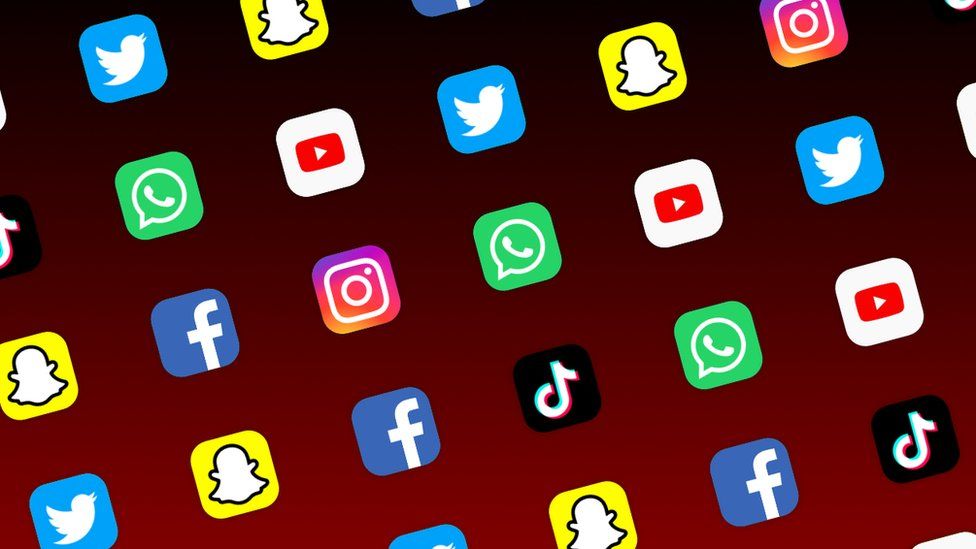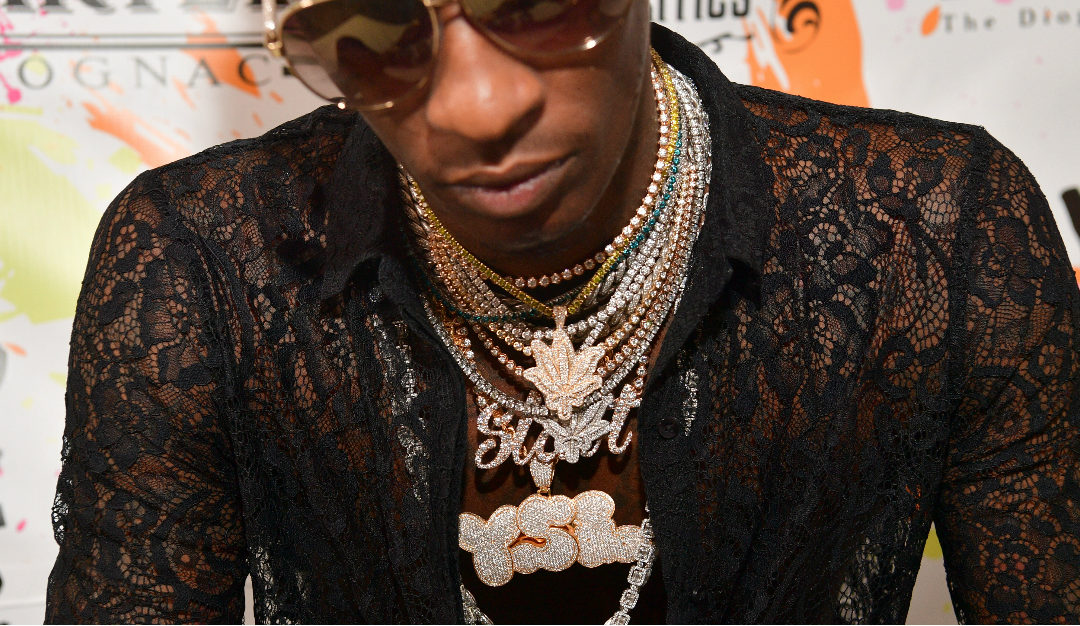In the past decade, social media platforms have become an integral part of our lives, altering the way we communicate, share information, and perceive the world around us. While social media undoubtedly offers numerous benefits, including instant connectivity and access to vast amounts of information, it also harbors a darker side that often goes unnoticed. As we delve deeper into the realm of social media, it becomes increasingly important to acknowledge and address its potential negative aftereffects.
One of the most significant concerns associated with social media is its impact on mental health. Studies have repeatedly shown a correlation between excessive social media usage and feelings of loneliness, anxiety, and depression. The constant comparison to curated images and idealized lifestyles portrayed on social media can lead to a distorted perception of reality and a decline in self-esteem. Additionally, the fear of missing out (FOMO) induced by constantly scrolling through others’ seemingly perfect lives can exacerbate feelings of inadequacy and isolation.
Moreover, social media often serves as a breeding ground for cyberbullying and online harassment. The anonymity afforded by these platforms emboldens individuals to engage in behavior they would never exhibit in face-to-face interactions. Cyberbullying can have devastating effects on victims, leading to psychological trauma, social withdrawal, and even suicidal thoughts. Despite efforts to combat cyberbullying, the pervasive nature of social media makes it challenging to eradicate entirely.
Social Media Side Effects
Another significant concern is the potential for social media to facilitate the spread of misinformation and fake news. With the proliferation of user-generated content, it has become increasingly difficult to discern fact from fiction online. False information spreads like wildfire on social media platforms, often reaching millions of users within minutes. This misinformation not only erodes trust in traditional media sources but also poses significant risks to public health and safety, as evidenced by the spread of conspiracy theories and misinformation during the COVID-19 pandemic.
Furthermore, excessive social media usage has been linked to decreased productivity and poor sleep quality. The addictive nature of these platforms, characterized by endless scrolling and notifications, can disrupt sleep patterns and impair cognitive function. Additionally, the constant bombardment of information and stimuli on social media can make it difficult for individuals to focus on tasks and maintain concentration, ultimately affecting their overall productivity and well-being.
In addition to its impact on individuals, social media also poses broader societal challenges. The echo chambers and filter bubbles created by algorithmic sorting algorithms can exacerbate polarization and ideological divisions within society. By reinforcing existing beliefs and limiting exposure to opposing viewpoints, social media can hinder meaningful dialogue and mutual understanding, contributing to the fragmentation of communities and societies.
As we navigate the complex landscape of social media, it is crucial to recognize and mitigate its potential negative aftereffects. This requires a concerted effort from individuals, social media companies, policymakers, and society as a whole. Educating users about responsible social media usage, promoting digital literacy, and fostering online civility are essential steps in addressing these issues. Additionally, social media companies must take greater responsibility for moderating harmful content and promoting a safer online environment.
Ultimately, while social media undoubtedly offers numerous benefits, it is essential to approach it with caution and awareness of its potential pitfalls. By acknowledging and addressing the negative aftereffects of social media, we can work towards harnessing its power for good while minimizing its harm to individuals and society as a whole.














